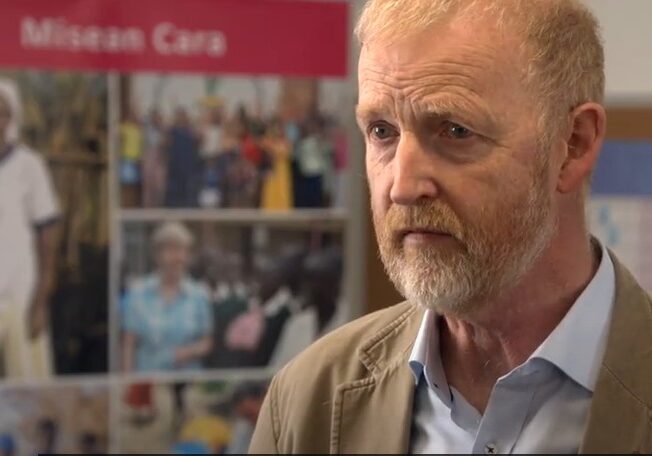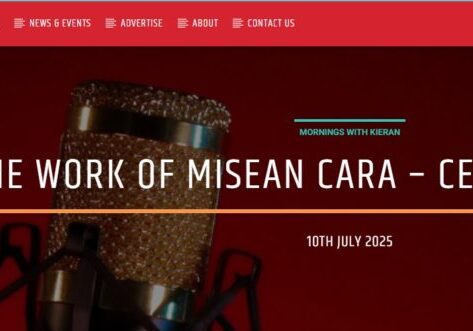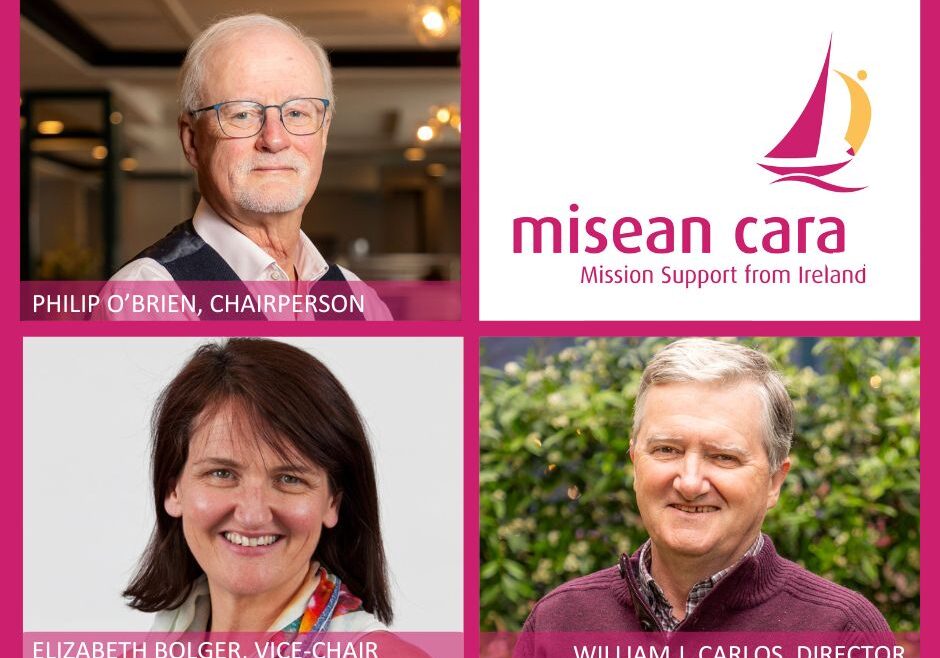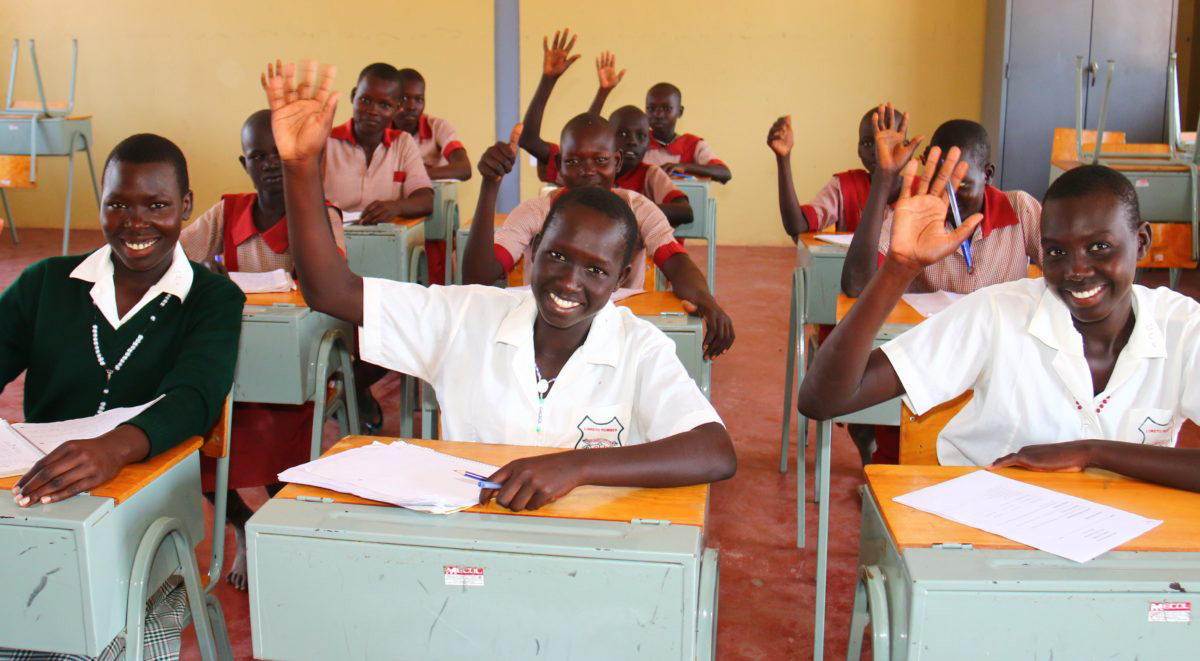
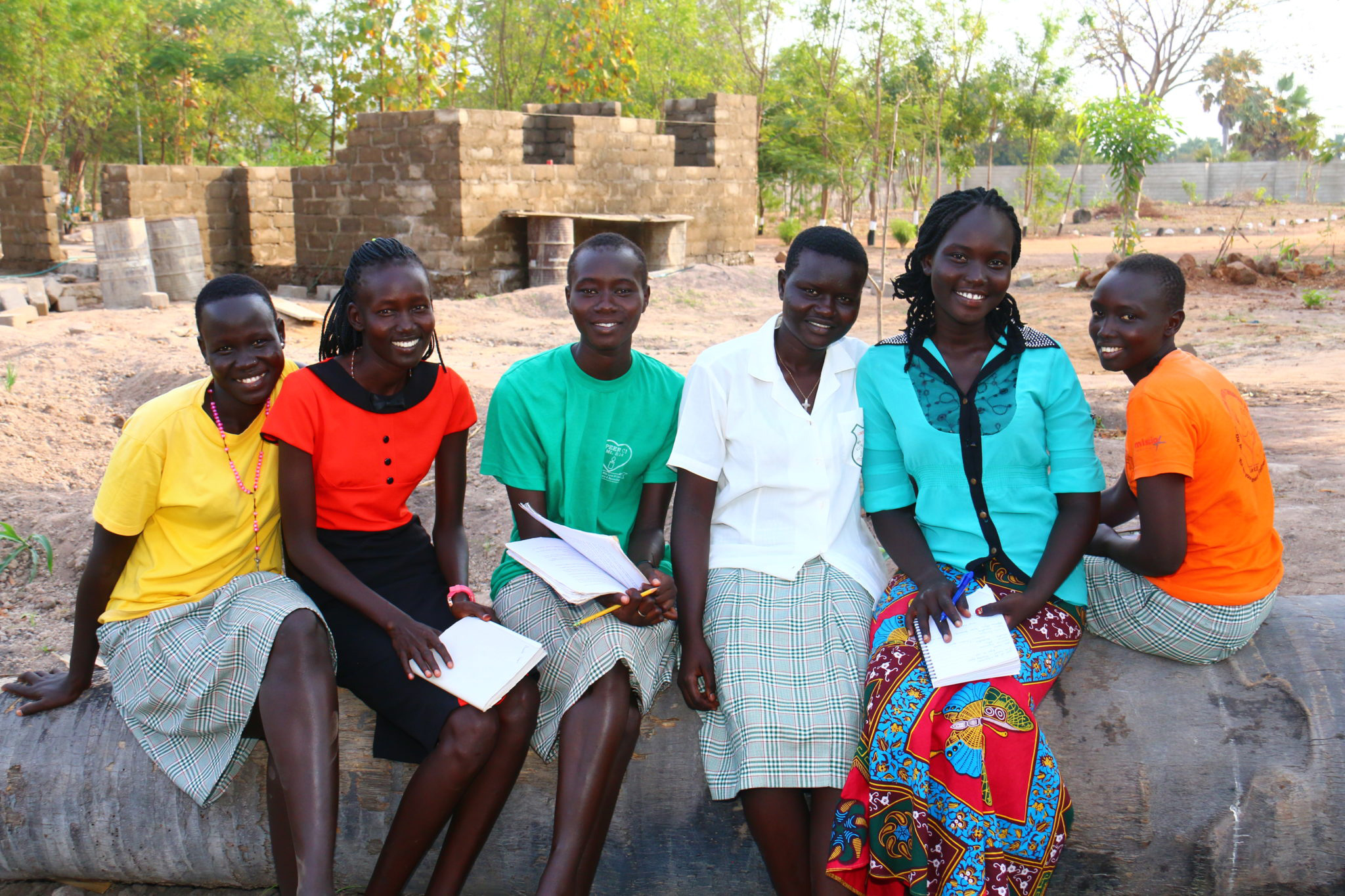
The report notes challenges around varying understandings of inclusion, difficulties with teacher training and support, inappropriate infrastructure and the persistence of parallel systems and special schools.
Every year the Global Education Monitoring (GEM) Report assesses progress towards Sustainable Development Goal 4 on inclusive and equitable quality education and this year it is drawing special attention to challenges and opportunities regarding Education and Inclusion.
Our members play an important role in education provision across many Global South countries, with Misean Cara’s support for a particular emphasis on ‘leaving no one behind’ – especially in isolated rural communities, informal urban areas, and conflict-affected settings.
The Report also highlights data gaps, untargeted finance, inconsistency or lack of follow-through on laws and policies, and a lack of political will and community support, all issues with which Misean Cara members are very familiar.
Misean Cara members hold that education is the “key to unlocking a person’s and a country’s potential”. For that reason, they are moved to provide education services (and often other basic rights) to people, groups and areas neglected or disadvantaged by the state in the allocation of scarce public resources.
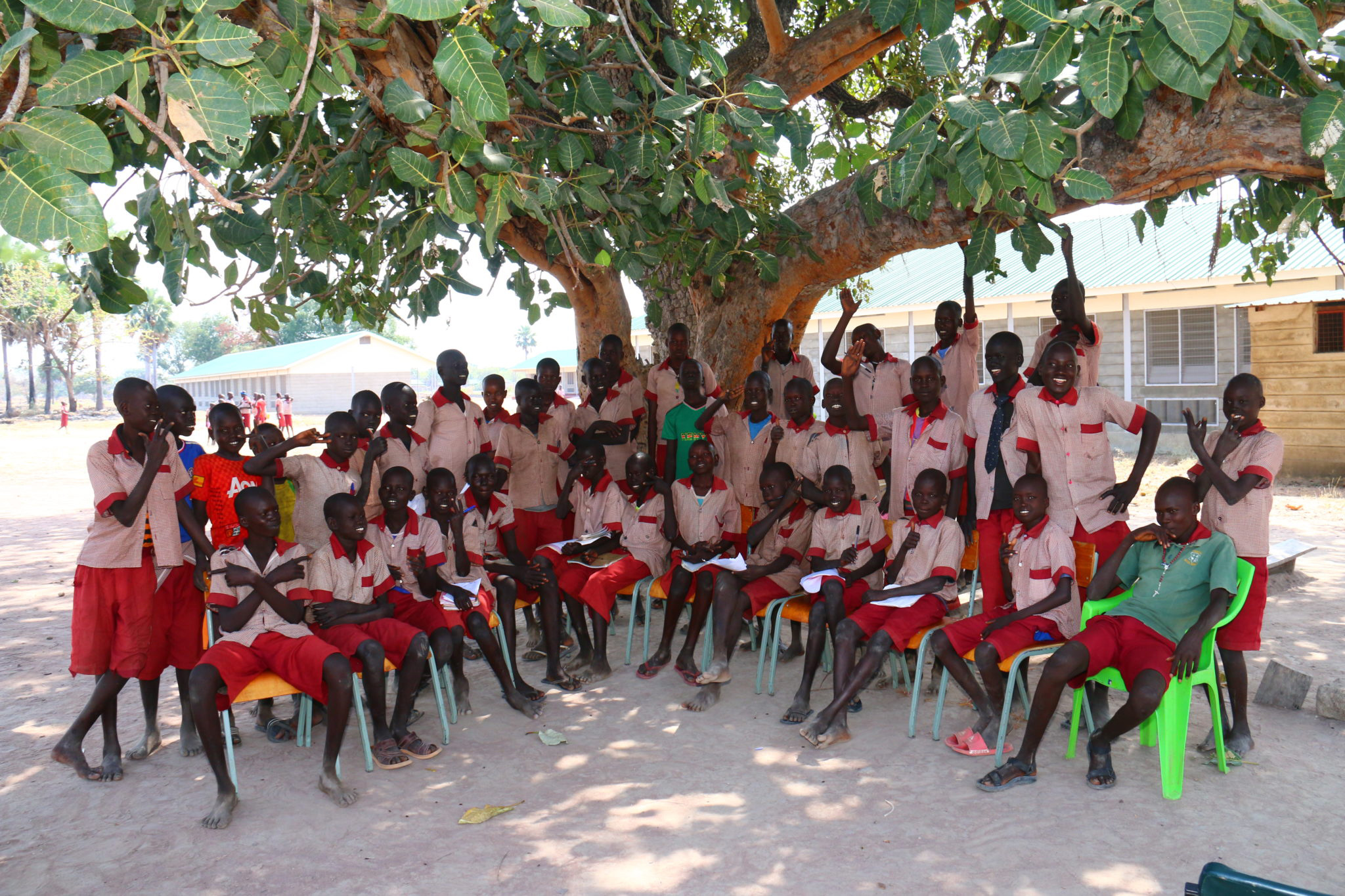
Misean Cara supports member initiatives specifically favouring educational provision in rural, geographically isolated and informal urban (slum) locations, challenging conflict and post-conflict situations, as well as services reaching particular cohorts (girls, refugees, IDPs, persons with a disability, other particularly excluded groups) in support of the SDGs’ principle of Leaving No One Behind.
During conflict, schools are often destroyed or become unsafe. Students are forced out of school, making them more vulnerable and at risk of violence, forced labour, and permanent displacement. Ensuring that children have access to education during conflict and crises protects their rights, instils a sense of normality, and fosters resilience, inclusion and tolerance, supporting the long-term processes of rebuilding and peacebuilding.
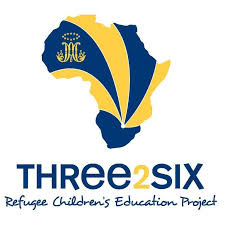
In South Africa, Misean Cara supports the Three2Six Project, operating since 2008 through the Marist brothers, which offers access to education for forced migrant children of 5 to 14 years old (with varied legal statuses) who cannot access state schooling in South Africa. Happily, that particular project is highlighted in this 2020 GEM Report, with long-serving project director Colin Northmore chosen by UNESCO as one of its global champions of inclusive education in this thematic report.
Three2Six, now operating at three sites in Johannesburg, focuses on an afternoon school-bridging programme involving especially English, Maths and life skills; providing meals, uniforms, textbooks, stationery and transport; tackling documentation, language and bureaucratic barriers; supporting families; and advocating with NGOs and other civil society groups to achieve refugee and migrant students’ right to education (which they are entitled to under the South African constitution but which is often denied). Since it started, Three2Six has supported over 600 children enrol at state schools.
Some Misean Cara members also hold ECOSOC status at the United Nations and advocate on rights at the Human Rights Council and through other human rights bodies, allowing them to facilitate the voice and participation of grassroots communities in the Global South.
The challenges to education are enormous, particularly in populous low- and middle-income countries after the enormous disruption of COVID-19, but the GEM Report plays an important role in shaping and widening the discourse – and the 2020 version should certainly help the broaden understanding of the importance and possibilities of inclusive education.
